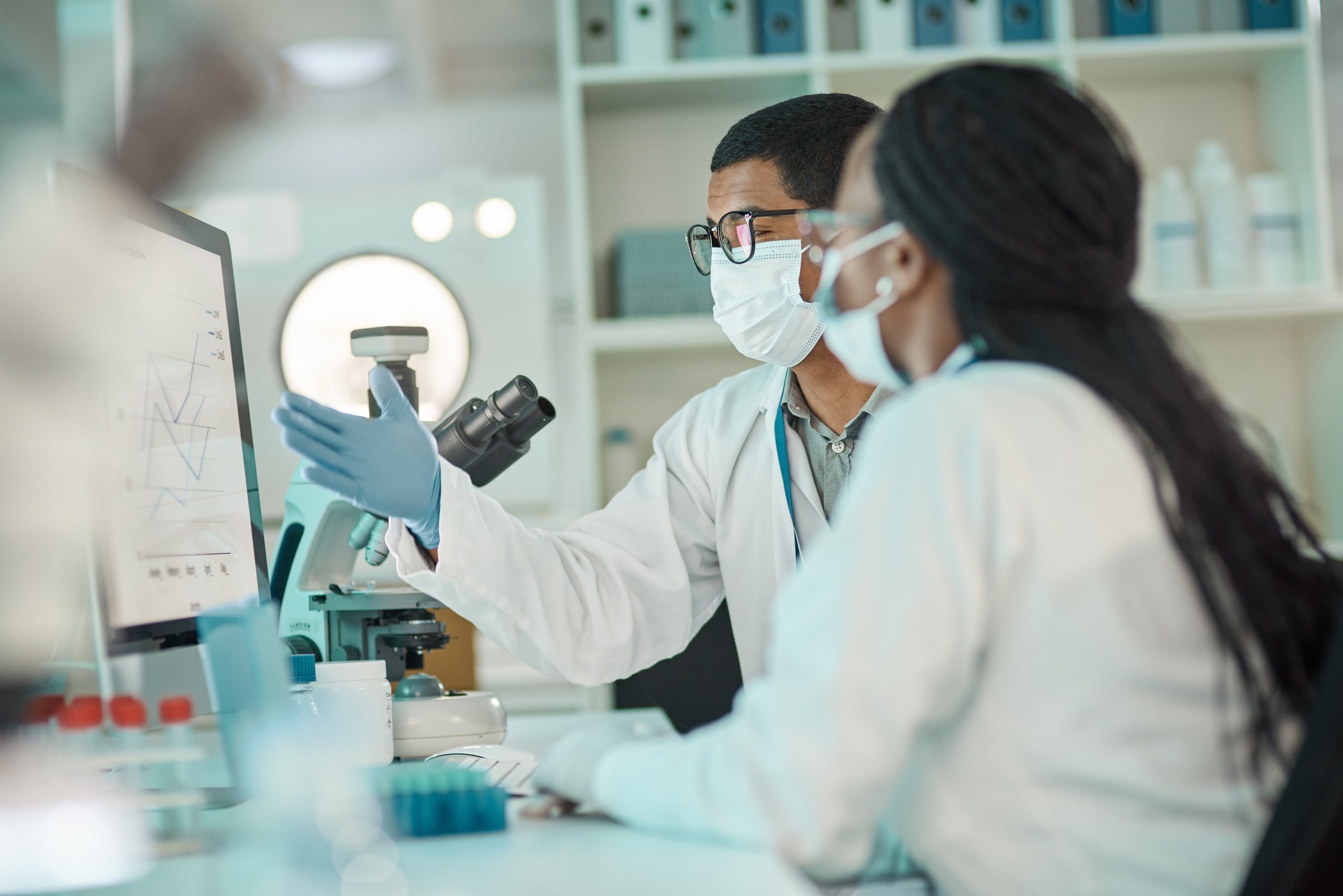BioCryst Pharmaceuticals (BCRX 7.11%) shot up more than 50% yesterday after announcing that the clinical trial testing its hereditary angioedema drug BCX4161 "successfully met all of its objectives."
50%! And it's up another 25% today.
While clinical trial data typically drives valuations of development-stage biotechs, the jump is a little surprising considering that the aforementioned positive clinical trial was a phase 1 trial in healthy volunteers.
The study determined that the drug is generally safe and well tolerated and that a 400mg dose three times daily can produce blood concentration levels that BioCryst thinks will be sufficient to get a clinical effect in patients with hereditary angioedema, or HAE.
In the healthy volunteers, the study also showed that the drug inhibited kallikrein -- the drug's target that facilitates dramatic swelling in patients with HAE that can be potentially lethal if it occurs near the airway. There's no doubt that kallikrein is a good target for treating HAE; ViroPharma's (NASDAQ: VPHM) Cinryze and CSL's Berinert are purified C1INH, the natural inhibitor of kallikrein that's mutated in HAE patients. Dyax's (NASDAQ: DYAX) Kalbitor and Shire Pharmaceuticals' (NASDAQ: SHPG) Firazyr also work by inhibiting kallikrein.
But it's hard to determine if data from healthy volunteers will translate to clinical efficacy in HAE patients. We'll need to see data from a phase 2 trial that BioCryst plans to start in the fourth quarter.
Hope springs eternal
Yesterday's large increase is a little misleading because it started from such a low valuation. Shares plummeted at the end of last year after a trial of its flu treatment, peramivir, was stopped early because the difference between peramivir and control groups was small enough that the trial wouldn't reach statistical significance.
The biotech still plans to file a marketing application for peramivir, but I wouldn't hold my breath hoping for an approval. At this point, the BioCryst story is all about BCX4161 and an antiviral called BCX4430.
Even at the low starting base, a 50% increase corresponds to a $67 million increase in value, which seems like a bit of a stretch for a positive phase 1 trial. The best argument you can make is that BioCryst was undervalued before and the jump was just correcting the valuation. Its $225 million market cap isn't ludicrous, but investors are putting high hopes on positive phase 2 data or they're hoping the peramivir lottery ticket pays out.
If shares pull back, BioCryst might be worth the risk as a good long-term investment if you're willing to hold until BCX4161 gets to market; for comparison, ViroPharma is valued at $2.2 billion.
The HAE market is crowded, but Cinryze, Berinert, Kalbitor, and Firazyr are all biologics that have to be injected or infused. Being taken orally will give BCX4161 a big leg up, although the current formulation requires four pills to be taken three times daily, which some patients aren't going to see as any more convenient than getting an infusion every three to four days.
BioCryst is working on second-generation oral kallikrein inhibitors that will have better oral bioavailability and could ultimately dominate the HAE market, but now we're really talking long term, and investors should subscribe no value to pipeline drugs that are still in the discovery phase.



